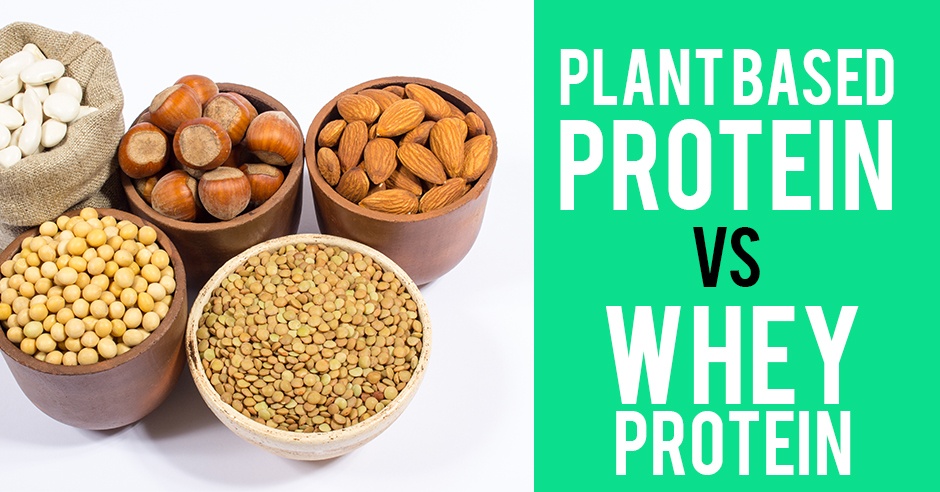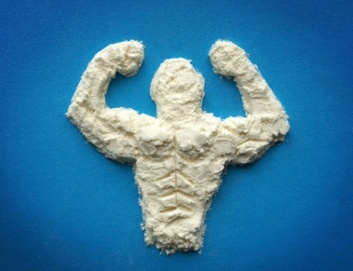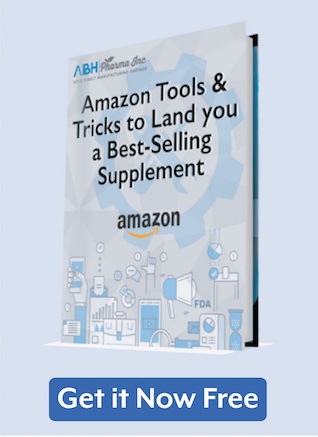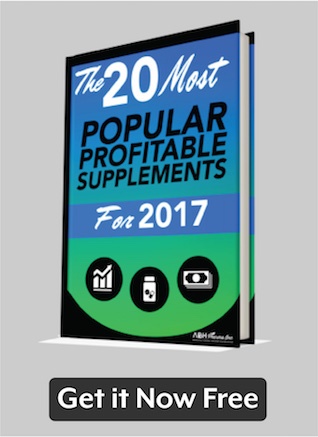These days, you cannot run a successful sports nutrition or nutritional supplement business without offering at least seven different kinds of protein powder.
When it comes to these products, every customer has their preferences but all protein manufacturers should be equipped to make most types of protein.
Of the main categories of protein supplement, the most important are arguably plant based protein and whey based protein.
So we asked, which type of protein stacks up as the reigning champion in the ongoing debate over Plant Based Protein VS Whey Protein?In this corner... Whey Protein
Let’s begin with whey protein- one of two important proteins derived from milk. During the making of
cheese, curds are separated from the milk.
This byproduct is called whey- the kind of protein used to make whey protein. Then there’s casein, the other milk protein, which makes up roughly 80% of milk protein.
Between them, whey is more popular due to the fact that it’s absorbed more quickly and can boost protein synthesis and also because sensitivities to casein are more common.
With that in mind, whey also has its drawbacks, such as allergies, gas, and other problems.
The cases of people with milk sensitivities have steadily grown over the years to a point where milk tops out the allergies list of allergies for kids just about every year.
Most people who are sensitive to whey don’t know it and simply notice the symptoms without spotting the cause.
Gas, bloating and excess mucus production can result from whey protein intolerance.
Plus, 75% of the global population is now found to be affected by lactose intolerance, and even the slightest cross-contamination can trigger unpleasant symptoms.
Unless a person gets his whey protein from very high-quality organic sources, there’s a good chance they are ingesting some unwanted hormones.
That’s a major strike for whey.
Customers looking for the healthiest protein powder will want to avoid whey.
But it can be expected to remain a winning choice for those who simply want to pack on muscle and boost their speed and endurance.
While whey comes with some important drawbacks in terms of the health implications, it will not easily be shaken from its place of prominence with bodybuilders and performance enthusiasts.
That means, if you’re running a sports nutrition retail business- whey is top dog.
And in this corner... Plant Protein
Protein powder can be an excellent tool to help people meet their nutritional needs, especially when
time is short or when something that will rapidly boost protein intake is in order.
Comparing plant-based protein to whey, there is a lot of evidence that the plant-based powders are likely to be a better choice for many of your more nutrition savvy customers.
Those who use plant-based protein are less prone to experiencing the unwanted symptoms associated with using whey.
This is due to the fact that plant-based proteins are much easier for people to digest and assimilate.
That means users will get the maximum nutrition possible from plant-based protein powders.
A lot of sports fitness minded folks end up switching to plant-based protein after using the whey derived versions for years and dealing with the sensitivity issues.
This is especially true as folks age and become more prone to allergies.
These individuals will be challenged to find other sources of protein and eventually come to the plant based products.
So, however, a given buyer comes to the plant based side of the protein aisle, they do so for reasons that have to do with digestive health.
Which Protein to Stock: Plant Protein Powder vs Whey
By now it should be clear that plant and whey based proteins are going to have different marketing implications respectively.
To be brusque, it’s simple enough to say that you want to market your whey based proteins to your bodybuilders and competitive athletes; while at the same time placing your plant-based protein products in the paths of your health food and whole nutrition-minded customers.
Of course, the marketing considerations for these two types of protein products will also have seasonal implications.
When Spring starts blossoming, people are going to want to get fit for the summer months when they will be wearing less concealing attire.
In most cases that will mean placing your fitness oriented whey based proteins in a prominent position.
Placing enthusiasm for the plant-based proteins along a seasonal continuum is a little bit more difficult. The simplest solution is to have it available all year long.
Keep in mind, however, that just before the Spring fitness season kicks in- the post-holiday health mindset also takes hold.
During this time, people fed up (yes, it is the worst pun ever) with starchy, heavy foods will be looking to slim down, and a plant-based diet is ideal for that.
And the Winner is... Whatever Protein Powder the Customer
wants!
As you see from this aticle the debate of plant based protein powder versus whey protein powder it all depends on what cusotmer you are trying to reach. We recomened trying to hit both of these targets considering how much their customer personas match up.
On the whole, plant-based proteins may be healthier, and whey proteins may better suit the gym crowd- the fact remains that as a retailer- the best protein powder is the one that your customer comes in looking for.
You’ll want to perform the requisite marketing research for your shop, whether it’s online or brick and mortar. Find out which type of customer is most likely to stroll through your doors and fill out your inventory accordingly.









